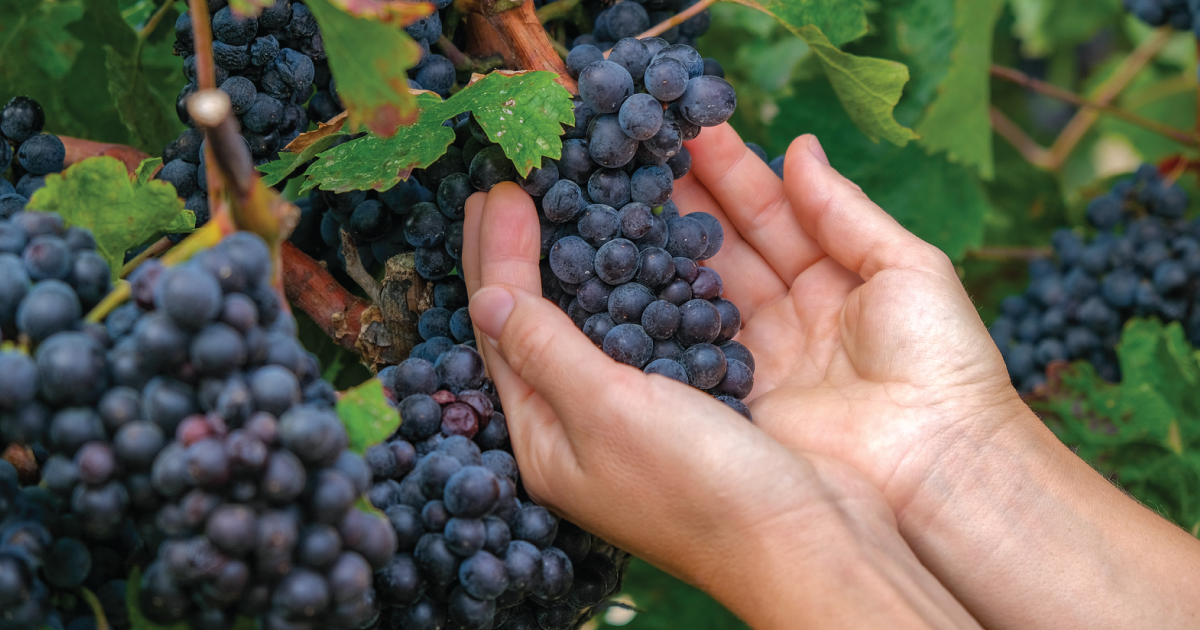
In Oregon Wine Country, One Farmer’s Battle to Save the Soil
Mimi Casteel hates the word “weeds,” particularly when referring to unexpected plants growing in her vineyard here in this hamlet in the Willamette Valley. To think of weeds as invasive species, she believes, is to vastly simplify the intricate workings of nature that humans, in their efforts to assert agricultural control, have disrupted with disastrous consequences.
October 17, 2019 | Source: The New York Times | by Eric Asimov
Agriculture can play a leading role in combating climate change and reversing ecological damage. Mimi Casteel is showing one way to get it done.
This is the second of a four-part series on winemaking and climate change.
Mimi Casteel hates the word “weeds,” particularly when referring to unexpected plants growing in her vineyard here in this hamlet in the Willamette Valley.
To think of weeds as invasive species, she believes, is to vastly simplify the intricate workings of nature that humans, in their efforts to assert agricultural control, have disrupted with disastrous consequences.
It’s a view that might be dismissed as romantic or sentimental. But Ms. Casteel, who has a background in forestry science, botany and systems biology, is rigorously scientific and empirical.
“There are no bad plants — there are plants that respond very quickly to massive disturbances in an environment,” she said as we walked the vineyard in August. “Weeds? I don’t use that word. The only invasive species is homo sapiens.”
